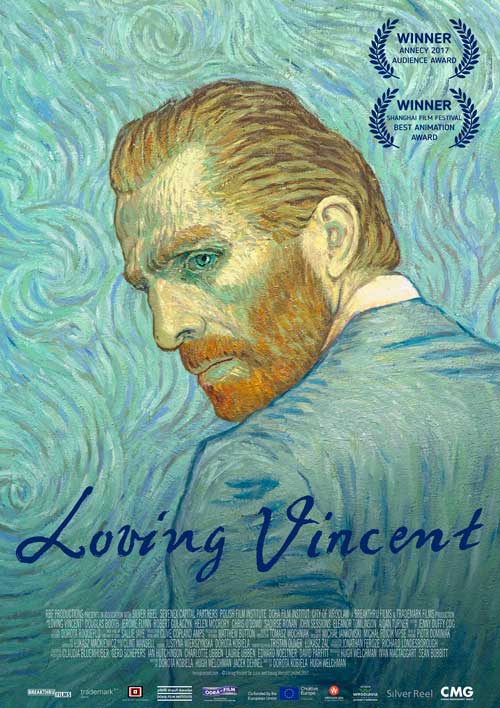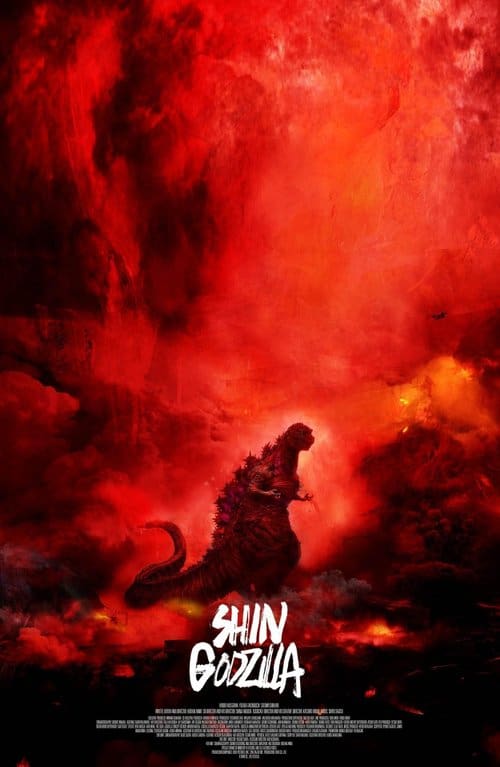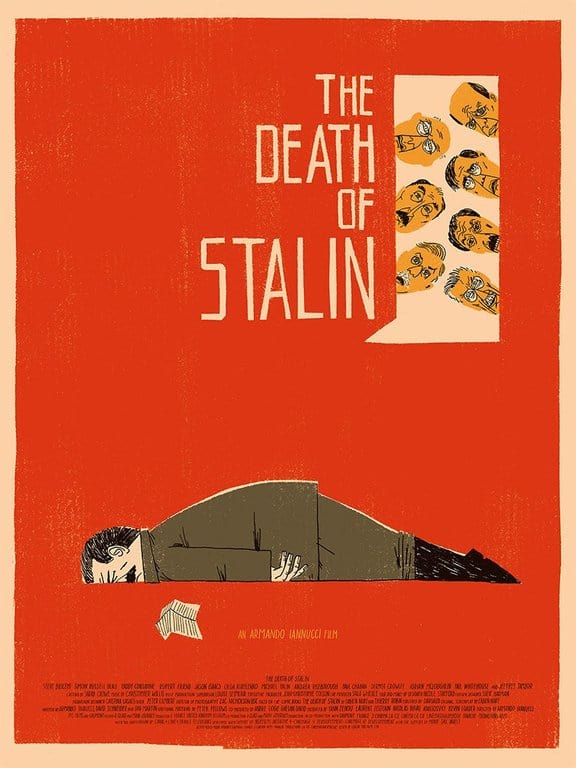
Motherless Brooklyn was largely dismissed upon its release, leading to an unfortunate fate for one of 2019’s best scores. A 1950s film noir, Motherless Brooklyn hits many of the classic genre tropes that have developed over the decades, the best of which is Daniel Pemberton’s jazz score.
Pemberton takes a much more realist approach to the noir subject matter, recognizing the impossible odds that Edward Norton’s character “Brooklyn” faces and composing accordingly. The opening cue is like the score in a microcosm: discordant, noisy notes mix with a deep growl and the score’s main motif, a portent of coming doom, which together create a deeply foreboding, ominous atmosphere. Although the cue lightens, with softer drums and smooth piano and bass, it’s replaced once more by the darkness. Pemberton continues in this way throughout the score, with tranquil, classical jazz-noir interludes inevitably replaced by discord and chaos. The sultry allure of the genre is stripped away, replaced with the ugly, the dirty, and the sorrowful.
Perhaps the film’s most obvious flaw is its languid pace and lack of urgency, which make its nearly two-and-a-half-hour runtime drag. But it has the opposite effect on the score. These slowly passing scenes give Pemberton’s score room to breathe and the opportunity to develop the film’s setting, atmosphere, tension, and emotional heights that at times otherwise go overlooked. The score fills the slower moments with life and, like Jerry Goldsmith did in Chinatown, serves to remind the viewer that no matter how optimistic things may seem, there’s always something waiting to crush that optimism.



